Booster programs will prolong COVID pandemic, not end it, WHO chief warns
Blanket vaccine booster programs are likely to prolong the COVID-19 pandemic rather than ending it, as inequity in access to jabs could lead to more mutated variants that drag out the crisis, the head of the World Health Organization (WHO) warns.
WHO Director General Tedros Adhanom Ghebreyesus said on Wednesday that the priority must remain to get vaccines to vulnerable people everywhere rather than giving additional doses to the already vaccinated.
“Blanket booster programs are likely to prolong the pandemic, rather than ending it, by diverting supply to countries that already have high levels of vaccination coverage, giving the virus more opportunity to spread and mutate,” Tedros Adhanom said during a news briefing.
The latest variant of the coronavirus, called Omicron, is believed to be more transmissible than the other variants and has already been detected in 106 countries, the WHO has said.
The existing vaccines have continued to provide significant protection against severe disease, and global health experts say the emergence of Omicron is tied to vaccine inequality.
Western countries have been accused of hoarding vaccines and the WHO has urged them to avoid a rush to give out booster shots when millions worldwide have yet to receive a single dose.
The WHO director has announced that the priority must be to reduce deaths and help all countries meet minimum vaccination targets that many still have not reached.
“The vast majority of hospitalizations and deaths are in unvaccinated people, not vaccinated people without booster shots,” Tedros added, “No country can boost its way out of the pandemic.”
Tedros’ comments came after the WHO’s Strategic Advisory Group of Experts (SAGE) on Immunization said in a report that at least 126 countries around the world had already issued recommendations on boosters or additional vaccine doses, and 120 had started implementing those programs.
The WHO has previously called on countries to reach a target of vaccinating 40 percent of their populations by the end of the year, but only half of WHO member states have been able to make it, which has largely been a result of the global inequity of vaccine distribution, according to Tedros.
While some countries are now rolling out blanket vaccine booster programs, three in four health workers in Africa still remain unvaccinated by the end of 2021, a year since the first vaccines were administered, Tedros said.
According to UN figures, about 67 percent of people in high-income countries have had at least one vaccine dose and while poor countries struggle to obtain initial doses, not even 10 percent of the populations in low-income countries have been vaccinated.
Tedros renewed a call for manufacturers and other countries to priorities the COVAX program to get doses to needier nations and “work together to support those who are furthest behind.”
“Unless we vaccinate the whole world… I don’t think we can end this pandemic,” Tedros said.
IRGC intel. chief: Enemies devised 7-stage plot for recent riots
Israeli minister calls to 'encourage' Palestinian exodus
VIDEO | Press TV's news headlines
VIDEO | Near breakdown: Generators in Gaza’s main hospitals
Israel razes apartments in West Bank, displaces over 40 Palestinians
Russia slams US, Israel over 'destructive policies,' warns strike on Iran could ignite region
UK drops aggravated burglary charges against 18 Palestine Action activists
VIDEO | Palestinian athlete and daughter hope to return to the track despite amputation


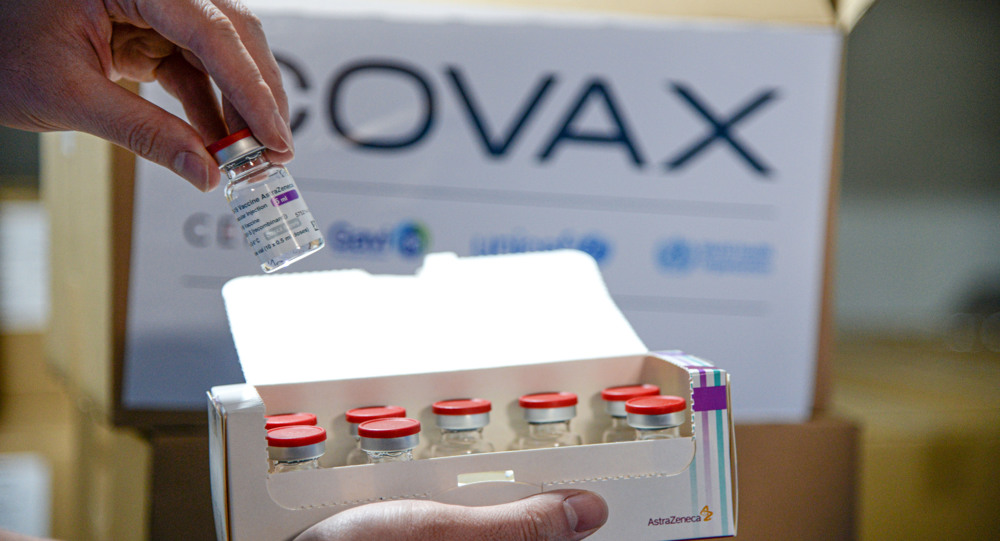
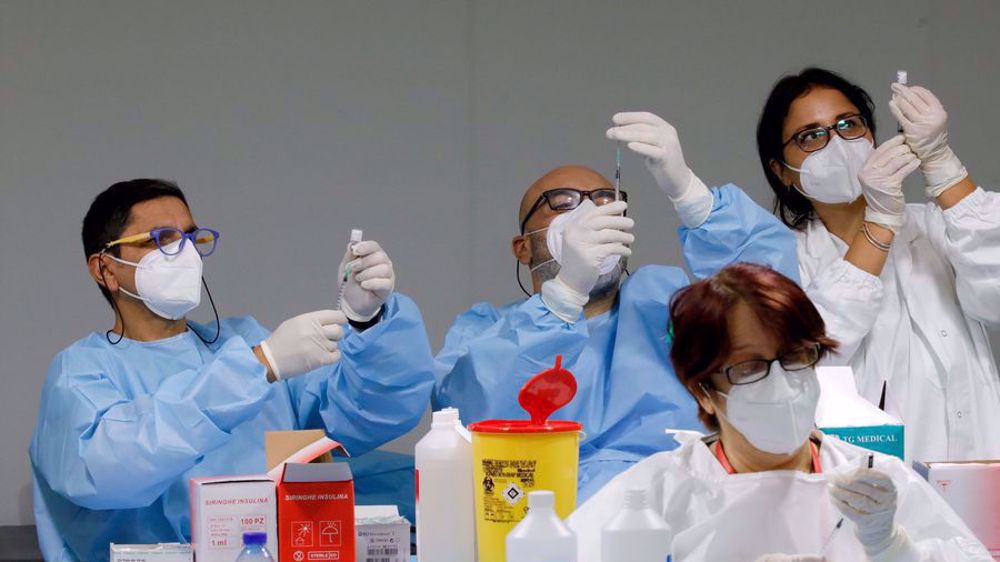
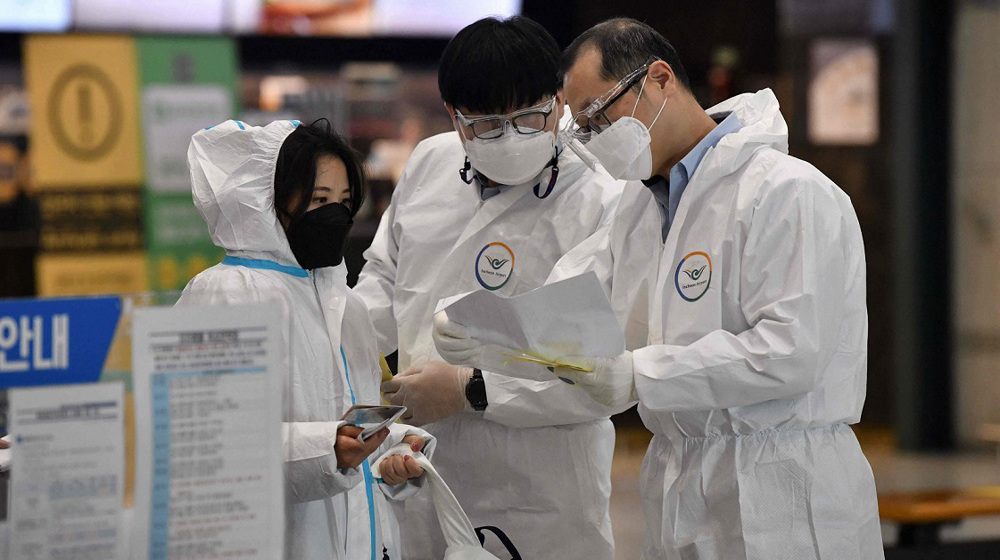
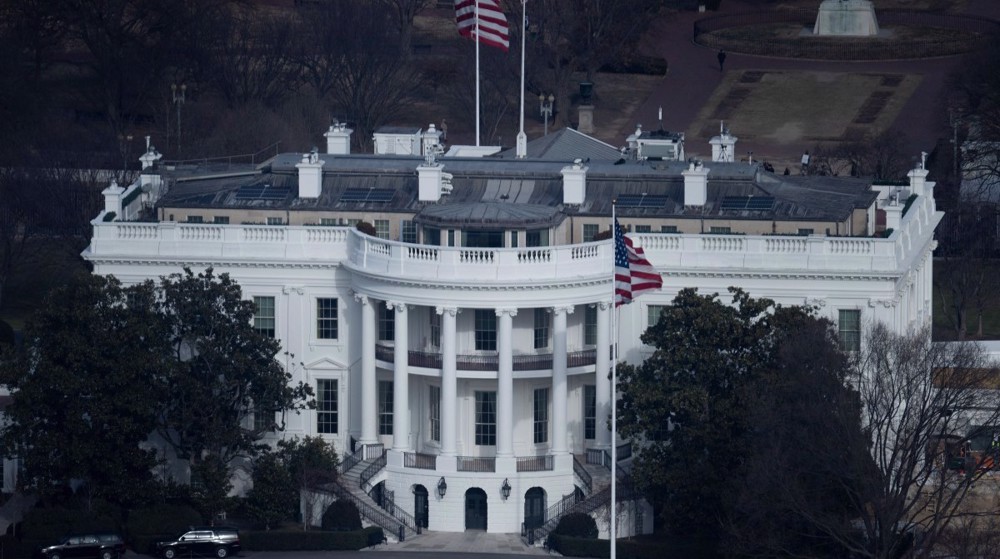

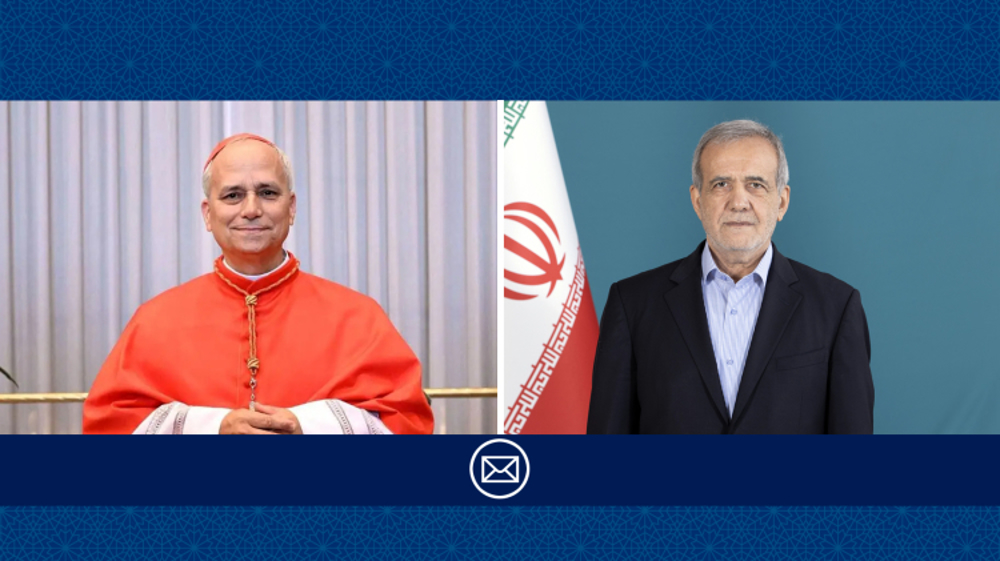




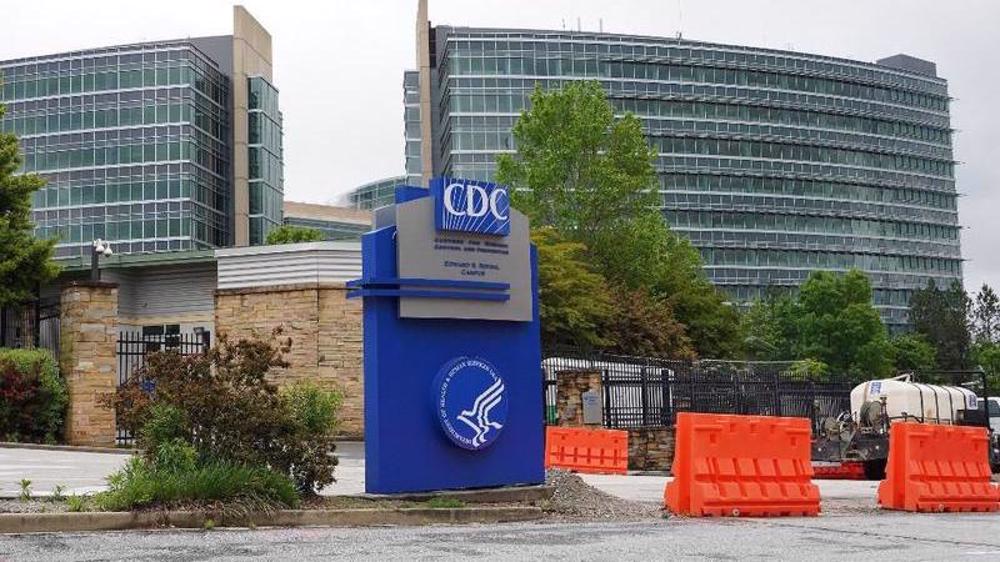
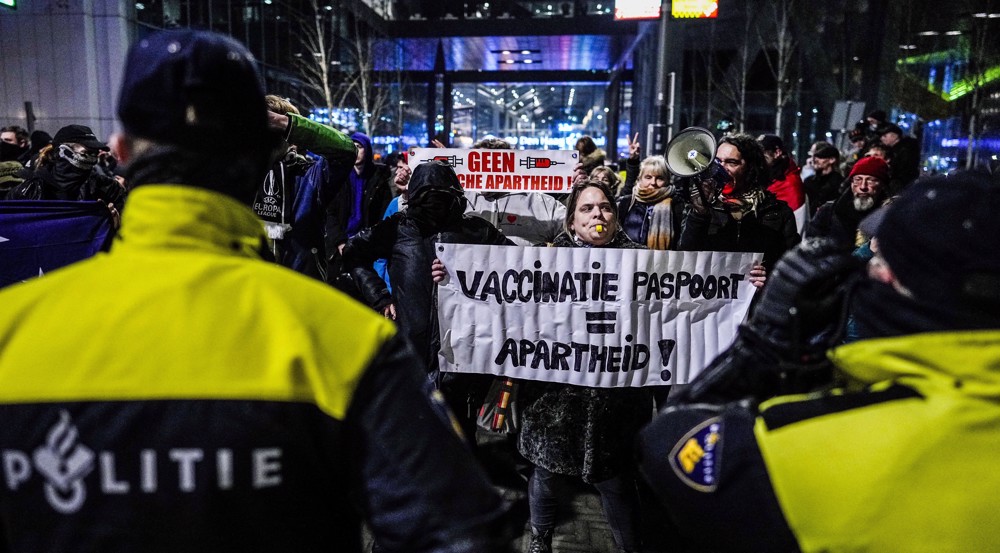
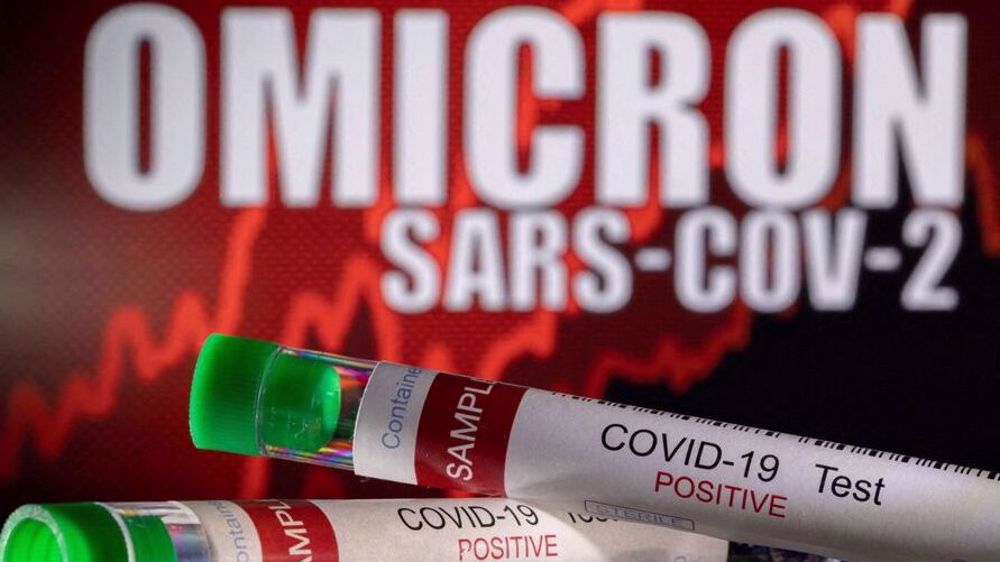
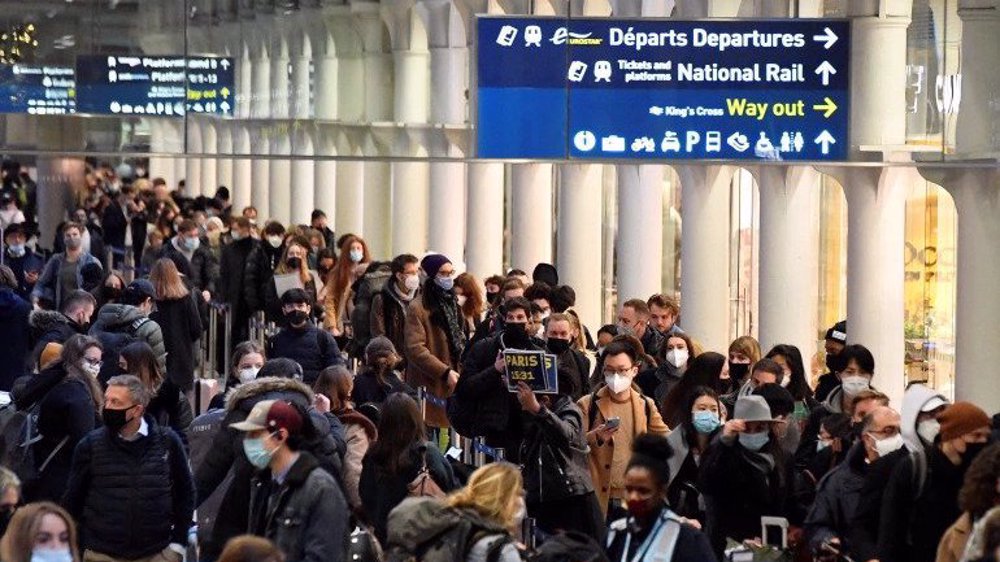

 This makes it easy to access the Press TV website
This makes it easy to access the Press TV website